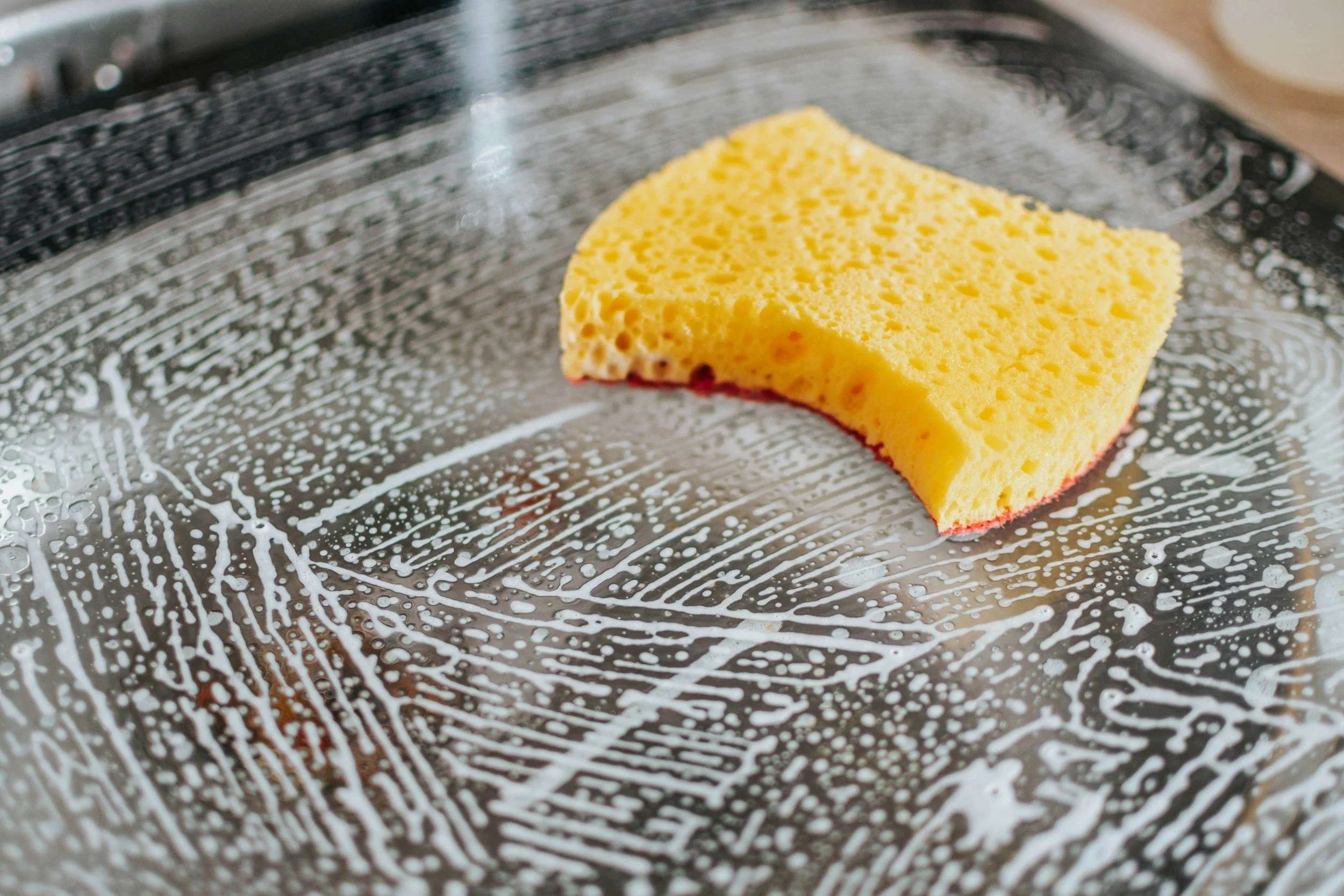Can You Expunge a DWI Conviction in Minnesota?
By Sullivan Rice
Expunging a DWI (Driving While Intoxicated) conviction can significantly enhance your personal and professional prospects by clearing your criminal record. In Minnesota, the expungement process involves several legal steps and requires a thorough understanding of the law. This blog will guide you through the process of expunging a DWI conviction, including possible eligibility requirements, steps to take, and the importance of seeking help from a Minnesota DWI lawyer.
Understanding DWI Expungement in Minnesota
Expungement is the legal process of sealing or destroying court records related to a criminal conviction. Once expunged, these records are no longer accessible to the public, including potential employers, landlords, and educational institutions. However, certain government agencies and law enforcement may still have access to expunged records.
Not all DWI convictions are eligible for expungement in Minnesota. The eligibility criteria depend on the specifics of your case, including the severity of the offense, the outcome of your case, and the amount of time that has passed since your conviction. Generally, you may be eligible for DWI expungement if:
Petty Misdemeanor or Misdemeanor DWI
If you were convicted of a petty misdemeanor or misdemeanor DWI, you may be eligible for expungement after two years have passed since the completion of your sentence, provided you have not been convicted of any new crimes during that time.
Gross Misdemeanor DWI
If your DWI conviction was classified as a gross misdemeanor, you may be eligible for expungement after four years have passed since the completion of your sentence, with no subsequent convictions.
Felony DWI
Felony DWI convictions are generally not eligible for expungement. However, certain non-violent felony offenses may be expunged under specific circumstances. It is crucial to consult with a Minnesota DWI lawyer to determine your eligibility.
Steps to Expunge a DWI Conviction in Minnesota
Step 1: Obtain Your Criminal Record
Before you can begin the expungement process, you need to obtain a copy of your criminal record. This will provide you with the necessary information about your DWI conviction, including the case number, date of conviction, and details of your sentence. You can request a copy of your criminal record from the Minnesota Bureau of Criminal Apprehension (BCA).
Step 2: Determine Your Eligibility
Review your criminal record and consult with a Minnesota DWI lawyer to determine if you are eligible for expungement. Your lawyer will assess the specifics of your case, including the type of DWI conviction and the time that has passed since the completion of your sentence.
Step 3: Gather Supporting Documents
To support your expungement petition, you will need to gather various documents, including:
-A Copy of Your Criminal Record: This will be attached to your petition.
-Character References: Letters from employers, community leaders, or others who can attest to your good character and rehabilitation.
-Evidence of Rehabilitation: Documentation of any treatment programs, counseling, or educational courses you have completed since your conviction.
-Proof of Employment or Education: Records showing that you have been gainfully employed or pursuing education.
Step 4: File the Expungement Petition
With the assistance of your Minnesota DWI lawyer, you will need to file a petition for expungement with the court where you were convicted. The petition should include:
-Your Personal Information: Name, address, and contact details.
-Details of the DWI Conviction: Case number, date of conviction, and details of your sentence.
-Reason for Expungement: A statement explaining why you are seeking expungement and how it will benefit you.
-Supporting Documents: Attach all supporting documents, including your criminal record, character references, and evidence of rehabilitation.
Step 5: Serve the Petition
After filing the petition, you must serve a copy to the relevant government agencies, including the prosecuting attorney’s office, the Minnesota BCA, and any other agencies involved in your case. This allows them to review your petition and respond if they have any objections.
Step 6: Attend the Court Hearing
Once the petition is filed and served, the court will schedule a hearing. At the hearing, you and your lawyer will present your case for expungement. The judge will consider various factors, including the nature of the offense, your behavior since the conviction, and any objections from the government agencies.
Step 7: Await the Court’s Decision
After the hearing, the judge will decide whether to grant the expungement. If the expungement is granted, the court will issue an order to seal your criminal records. If the expungement is denied, you may have the option to appeal the decision or reapply after a certain period.
The Importance of Legal Representation
Navigating the expungement process can be complex and challenging. Having an experienced Minnesota DWI lawyer by your side can significantly increase your chances of a successful expungement. A skilled attorney can:
- Evaluate Your Eligibility: Assess your case and determine if you meet the eligibility criteria for expungement.
- Prepare the Petition: Help you gather the necessary documents and prepare a strong expungement petition.
- Represent You in Court: Advocate on your behalf during the court hearing and address any objections from government agencies.
- Provide Legal Advice: Offer guidance and support throughout the expungement process.
Guidance During the Expungement Process
Expunging a DWI conviction in Minnesota is a valuable opportunity to clear your record and improve your future prospects. The process involves several legal steps, from determining your eligibility to attending a court hearing. Given the complexity of the process, seeking help from a knowledgeable Minnesota DWI lawyer is essential.
Your future matters. Taking immediate steps when faced with DWI charges is critical. Contact Jack Rice Defense at 651-447-7650 or 612-227-1339 for unparalleled legal support. With Jack Rice Defense by your side, you can face your charges with confidence, knowing your case is in capable hands.


